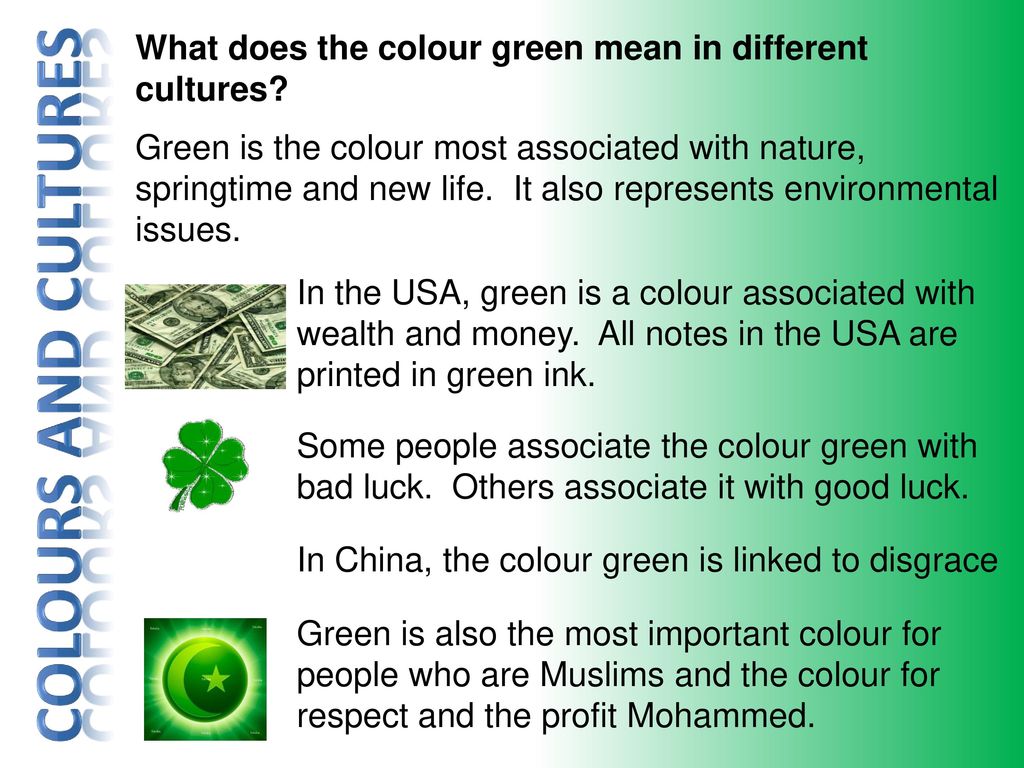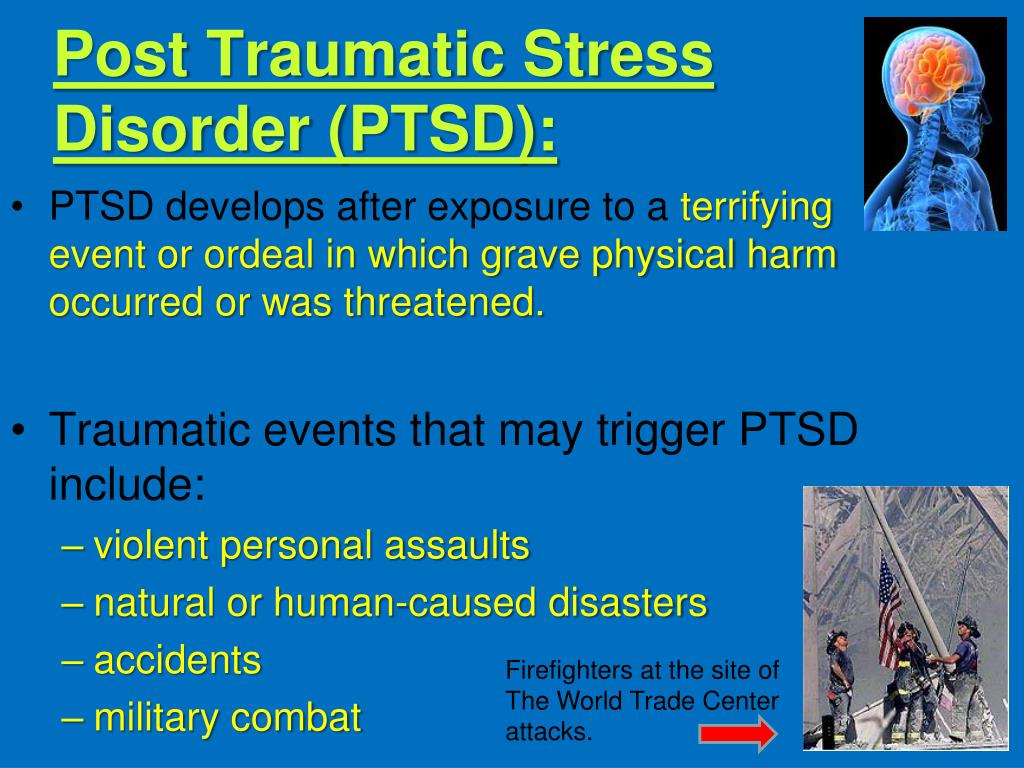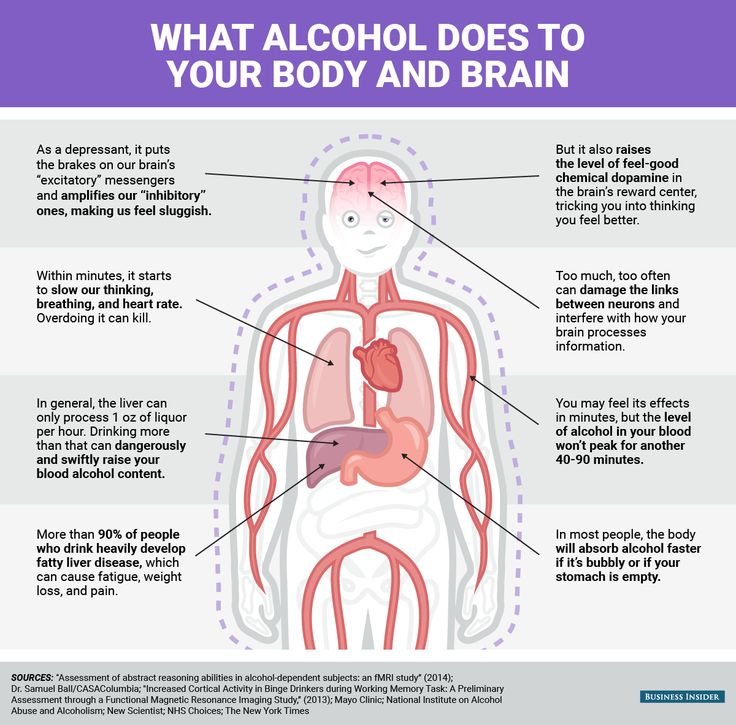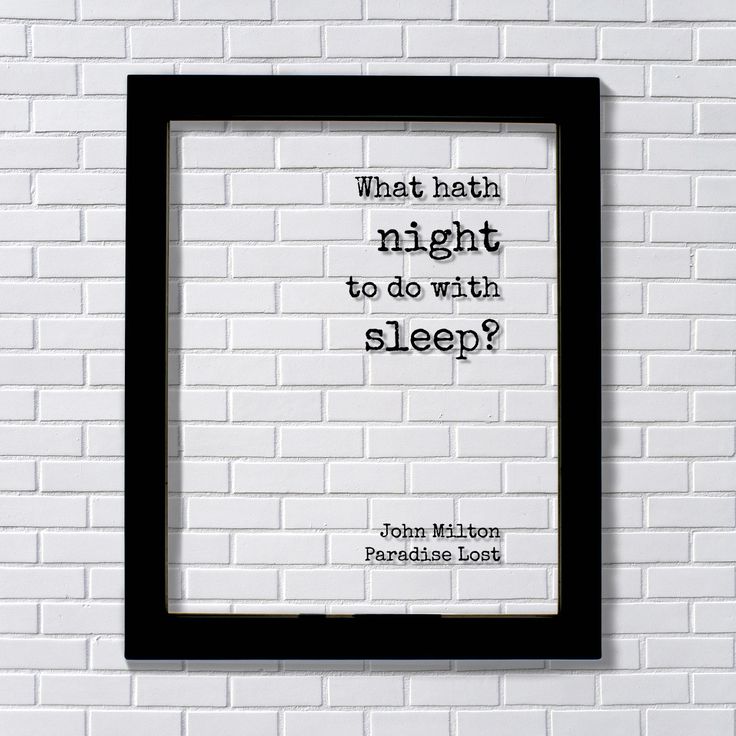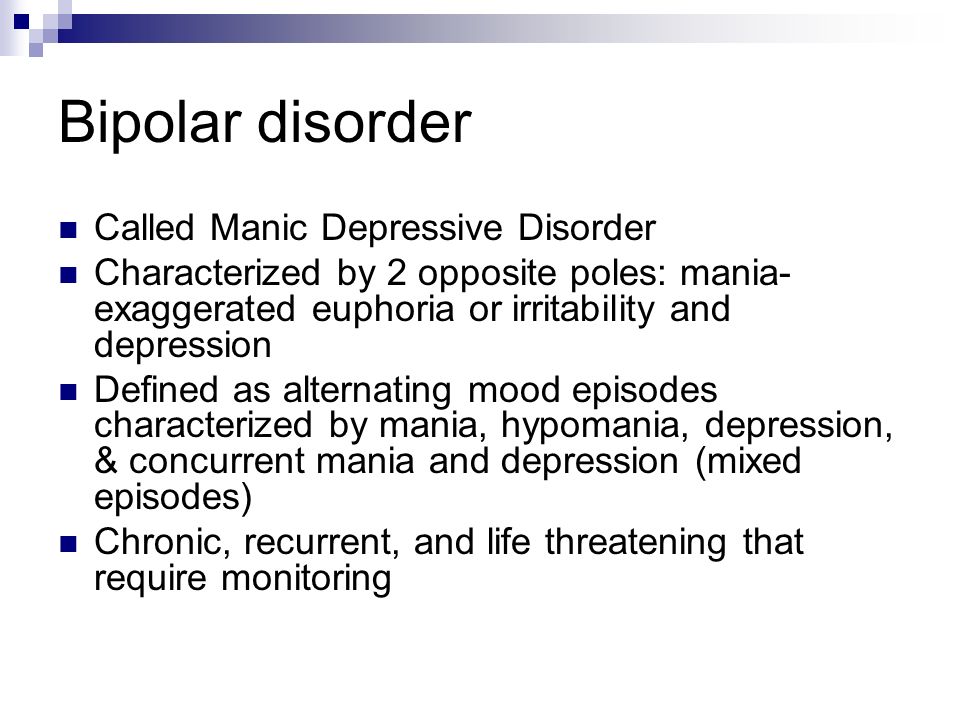What does insecurity mean in a relationship
How to work on your insecurities in a relationship together
Do you find yourself fishing for compliments? Asking where your partner is going, even though you know the answer? Badgering them for extra attention although you spent the entire day together? Maybe you repeatedly ask your spouse about spending time with a coworker who’s just a friend. All of these things are signs of insecurity in a relationship.
Many people feel jealous and insecure in their relationships, even if they are loved unconditionally by their partner. Whether you’re in a relatively new relationship or a decades-long marriage, here’s everything you need to know about how to stop being insecure in a relationship.
Start feeling confident in your relationship
Get Your Free Relationship Guide
What is relationship insecurity?
Relationship insecurity means you’re unsure and unconfident about your relationship. It’s a deep belief that you just aren’t good enough for your partner, that you don’t deserve love or one of many other limiting beliefs that cause you to feel anxious. You may doubt your own value and have a low sense of self-worth. You may even be living in a state of fear, always worrying about what your partner is doing when they’re not with you.
Insecurities in a relationship often stem from your past, and now you are letting your past control your future. Insecure people don’t always appear that way – in fact, overconfidence and narcissism can actually be signs of deep insecurity. Feelings of insecurity run so deep, we may not even recognize them ourselves, but there are a few key signs.
Signs of insecurities in a relationship
You’re jealousThis is one of the most obvious signs of relationship insecurity. A jealous partner constantly questions their significant other’s true intentions. They spy, become clingy or control your friendships and free time. Jealousy is all-consuming and damaging to every relationship.
You seek attention
Some attention-seeking behaviors are similar to jealousy, like the need for constant reassurance.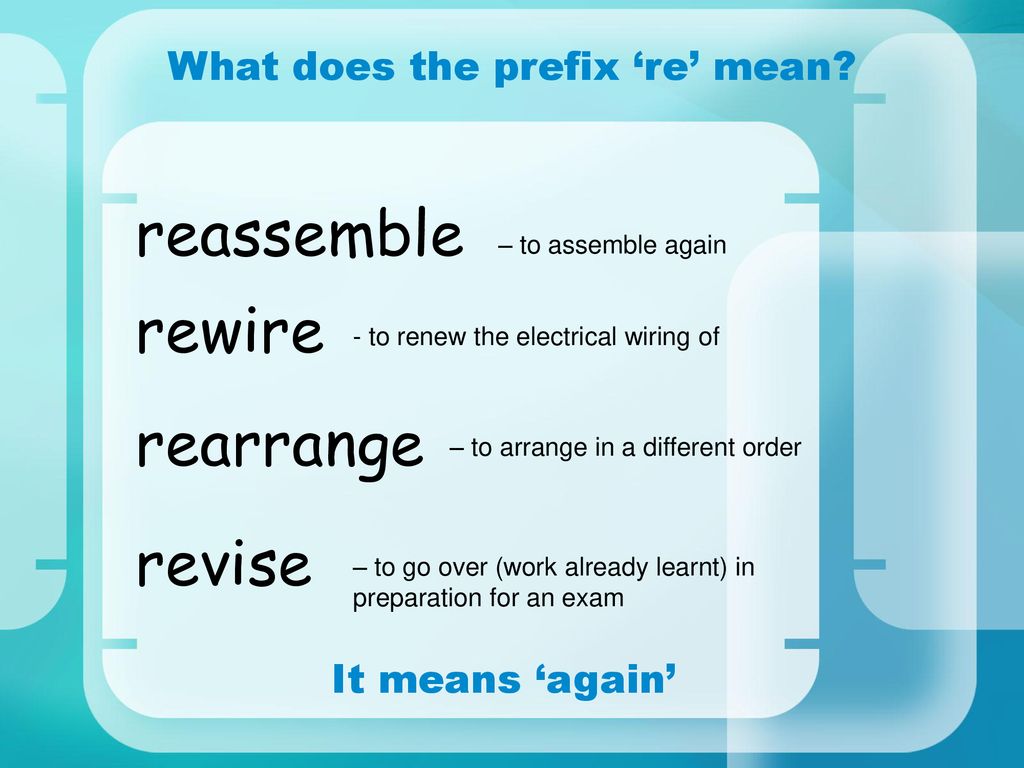 Others are about a fear of being alone, like always having to do everything together. Still others fulfill a need for significance by causing drama or picking fights.
Others are about a fear of being alone, like always having to do everything together. Still others fulfill a need for significance by causing drama or picking fights.
You argue constantly
Every couple argues – the difference is between healthy and unhealthy arguing. Healthy arguing uses productive communication tactics to reach a place of understanding and agreement. Unhealthy arguing stems from lack of trust, unresolved insecurities and even fear that true communication will cause your partner to leave you.
You worry
Insecurities in a relationship don’t always manifest outwardly. Many insecure people keep their feelings bottled up – while deep down inside, they’re constantly worrying that their partner is cheating on them, lying to them or will break up with them at any moment. If this sounds like you, it’s time to ask yourself how to deal with insecurities in a relationship.
You’ve noticed negative effects
Feeling insecure in a relationship doesn’t just affect you.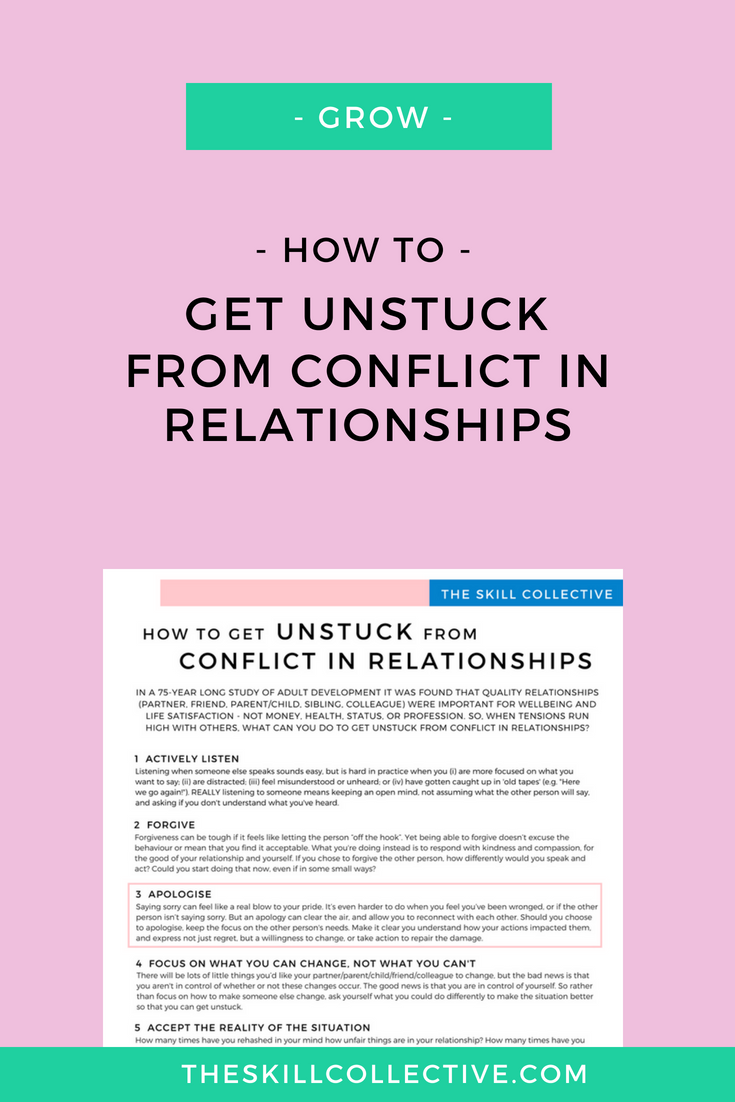 It affects your partner and your overall relationship. Unhealthy arguments lead to complete communication breakdowns that don’t achieve a productive outcome. Insecurity also creates an imbalance in which you are the only one getting your needs met, leading to resentment and anger. It can destroy your relationship entirely.
It affects your partner and your overall relationship. Unhealthy arguments lead to complete communication breakdowns that don’t achieve a productive outcome. Insecurity also creates an imbalance in which you are the only one getting your needs met, leading to resentment and anger. It can destroy your relationship entirely.
Causes of relationship insecurity
It’s tempting to blame feelings of insecurity on outside forces. Maybe you’ve been rejected one too many times. Or your partner really did cheat on you or treat you poorly in the past. Perhaps insecurity in your family relationships has led to a fear of abandonment. These experiences do shape your beliefs, but ultimately, you are in charge of your own emotions – and relationship insecurity is an emotion.
The real root of insecurity is a lack of confidence. We may project an image of confidence, but inside, we feel inadequate and undeserving. And then we sabotage ourselves and our relationships.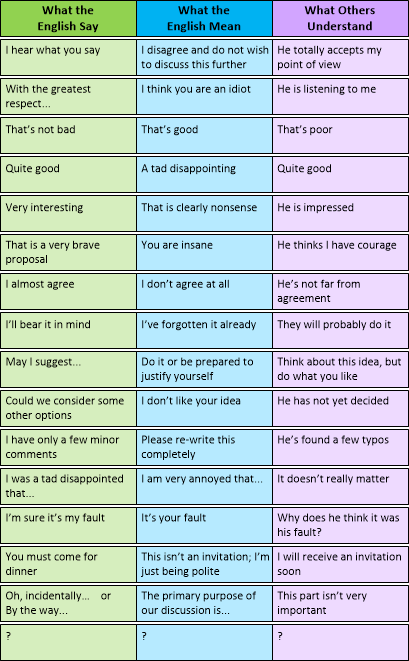 It becomes a negative pattern that we can’t seem to break – but we can.
It becomes a negative pattern that we can’t seem to break – but we can.
How to stop being insecure in a relationship
If you feel insecure, it’s because you haven’t dealt with whatever is putting you in a negative state. This could be that your needs aren’t being met by your relationship, or it could have to do with something outside your union, like a lack of self-confidence or fear of the unknown. The important thing is to get to the root of the problem so you can start feeling confident in your relationship.
1. Start with self-love
The core cause of insecurities in a relationship is often a lack of self-love. If one partner holds on to harmful limiting beliefs, like being afraid of failure or thinking that they don’t deserve love, they won’t be able to trust completely – and trust is the foundation of any relationship. To work on self-love, first identify and overcome your limiting beliefs. Learn to interrupt negative patterns of self-talk. Take steps to build your confidence and turn your life into a journey of discovery, not distrust and suspicion.
2. Learn to communicate effectively
Communication is key in all areas of life – and that’s especially true if you’re feeling insecure in a relationship. To really discover how to stop being insecure in a relationship, the best thing you can do is effectively communicate with your partner. How does your partner communicate? What’s their communication style? You can talk things over repeatedly, but unless you’re truly connecting with your partner on their level, it will be challenging to resolve lingering issues.
3. Meet each other’s needs
Feeling insecure in a relationship is often a symptom that certain needs aren’t being met. There are six basic human needs that affect every single person on the planet. We all strive to feel certain that we can avoid pain and gain pleasure; we crave variety in life; we want to feel significant; connection to others is essential and growth and contribution help us find fulfillment. Each person ranks these needs in a different way. Which one is most important to you? Is your relationship helping to fulfill this need? If not, how can you improve the relationship to feel more loved and supported?
Each person ranks these needs in a different way. Which one is most important to you? Is your relationship helping to fulfill this need? If not, how can you improve the relationship to feel more loved and supported?
4. Balance your polarity
In every relationship there is one partner with a masculine energy and another with feminine energy. These energies don’t have to align with genders, but opposing forces need to be present in order to find romantic harmony. This concept is called polarity. If you’re feeling insecure in a relationship, you and your partner may not be in balance. If both partners take on masculine or feminine traits, it can cause insecurities to arise. Look at how your roles have changed over time. How can you restore polarity and banish insecurity?
5. Act like you’re a new couple
When you start dating someone new, the energy is electrifying. You want to learn everything about your partner and be physically close to them whenever possible. Over time, this spark fades. As you become better acquainted with your partner, the fireworks you first felt start to fizzle. You become comfortable in your habits and stop needing to impress. Insecurities in a relationship can surface when your partner feels that you’re no longer making an effort or that your attraction is fading. Bring back the passion in your relationship and act like you did when you started dating. Compliment your partner. Plan surprising dates. Write them love notes. These small acts can reignite the passion and squash insecurities.
As you become better acquainted with your partner, the fireworks you first felt start to fizzle. You become comfortable in your habits and stop needing to impress. Insecurities in a relationship can surface when your partner feels that you’re no longer making an effort or that your attraction is fading. Bring back the passion in your relationship and act like you did when you started dating. Compliment your partner. Plan surprising dates. Write them love notes. These small acts can reignite the passion and squash insecurities.
6. Create new stories
Mistakes are made in even the happiest relationships, but sustainable relationships are able to leave those mistakes in the past. What are you and your partner dealing with? No matter if you’ve previously fought over finances or flirtations, if you’re deciding to move forward as a couple then it’s time to leave those old stories behind. Instead of insisting that your partner always does something that irritates you, shift your mindset.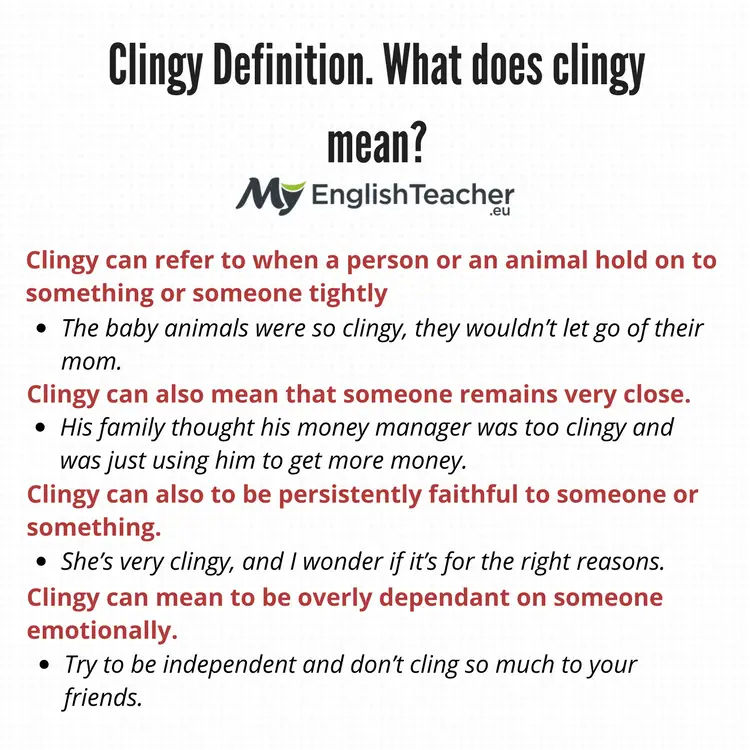 Accept your partner for who they are and decide to create a beautiful new story together instead of reliving past pain, and you’ll learn how to stop being insecure in a relationship.
Accept your partner for who they are and decide to create a beautiful new story together instead of reliving past pain, and you’ll learn how to stop being insecure in a relationship.
7. Stop overanalyzing
What does insecure mean? It has nothing to do with outside forces. All of your insecurities in a relationship start in your own head. Your thoughts affect your emotions, and your emotions affect your actions. When you let anxious thoughts spiral out of control, that’s when you lash out at your partner, become defensive or shut down. Stop these feelings before they start by learning to control your emotions. Keep your partner’s actions in perspective – everyone talks to the opposite sex, wants to go out with their friends and needs alone time once in a while. This doesn’t reflect badly on you. It means you’re in a normal, healthy relationship!
Ready to achieve the healthy relationship you deserve?
Tony Robbins Date with Destiny will help you uncover and overcome your limiting beliefs and see relationships in a whole new way.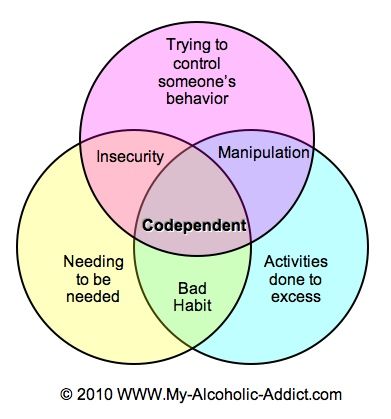
Sign Up Now
This website uses cookies to personalize your experience and target advertising.. By continuing to use our website, you accept the terms of our updated policies
6 Signs of Insecurity in a Relationship
Photo by Alice Donovan Rouse on Unsplash
Have you ever experienced insecurity in a relationship and wondered if that meant that your significant other was not the right person for you? Those with a secure attachment style in relationships usually have fewer problems, are often happier, and are usually better at supporting their partner, so this made us wonder: Can you actually teach yourself to stop being insecure in your relationship—and if so, how?
Keep reading to learn six signs you may have insecurity in your relationship and expert-approved tips and tricks to combat each issue from Alysha Jeney.
Meet the Expert
Alysha Jeney, MA, LMFT is a millennial attachment-based relationship therapist and the owner of Modern Love Counseling in Denver, CO.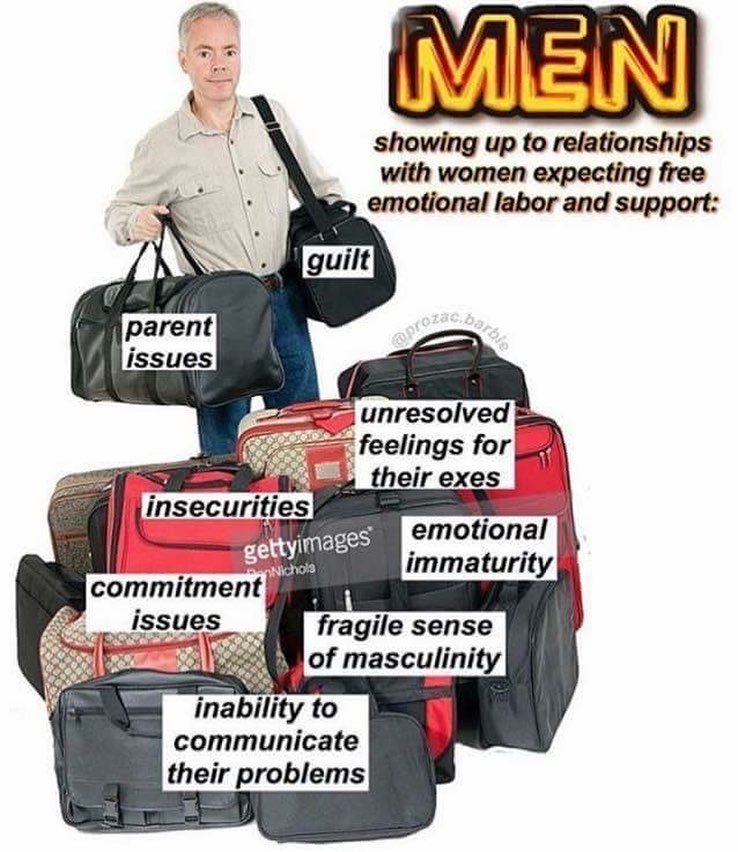 Jeney is also a co-founder and relationship expert at Modern Love Box, a subscription box meant to inspire the modern relationship.
Jeney is also a co-founder and relationship expert at Modern Love Box, a subscription box meant to inspire the modern relationship.
Where Insecurity Comes From
Insecurity fuels a lack of emotional confidence and security, which can lead to major issues in a relationship. It's also worth noting that this is not the same thing as a lack of trust. "You may have all the trust in the world that your partner isn't going to cheat on you but still feel insecure," says Jeney. Our core insecurities, she adds, often stem from attachment wounds, which is a way to describe any time there was a significant relationship that has ruptured our trust in the past. "This can create defensiveness that pushes people away and robs us of the opportunity of ever letting anyone truly in," she explains.
This is where being insecure in your relationship and wondering whether you're with the right person comes in. "You can be insecure in your relationship and absolutely be with the right person," Jeney explains. "You may just be self-sabotaging because you are afraid to let anyone in too closely." When this happens, it can be because of the fact that you're not aware of (or just don't know how to handle) your insecurities, projections, assumption, attachment style, and behaviors. Jeney says if you find you're insecure, she'd suggest counseling as well as self-awareness work to determine if it's coming from external sources or you are just in an incompatible relationship.
"You may just be self-sabotaging because you are afraid to let anyone in too closely." When this happens, it can be because of the fact that you're not aware of (or just don't know how to handle) your insecurities, projections, assumption, attachment style, and behaviors. Jeney says if you find you're insecure, she'd suggest counseling as well as self-awareness work to determine if it's coming from external sources or you are just in an incompatible relationship.
Ahead, the six signs you are insecure in your relationship—and what to do about it.
01 of 06
You Don't Trust Easily
Sign: You doubt every little thing, you stalk social media sites, you snoop on your partner, or you feel threatened easily.
Action to Take: Practice mindfulness and journal about when you feel this way. "Can you challenge your thoughts and look at a scenario giving your partner the benefit of the doubt?" asks Jeney.
The Why: "It helps you challenge your negative thought patterns and helps you become more aware of where your feelings are coming from.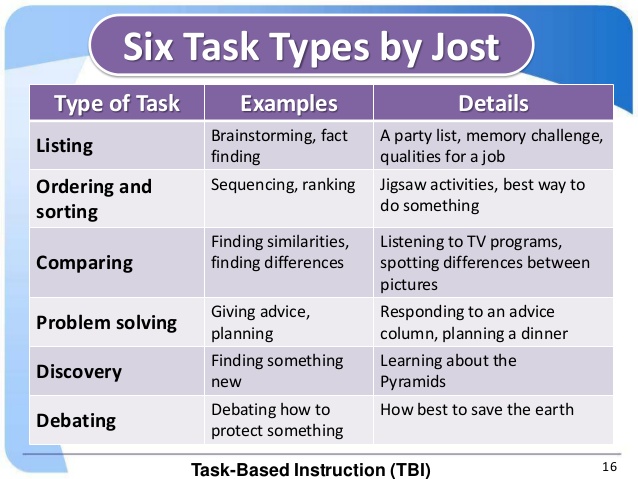 You will learn how to better cope with reactions and thoughts rather than projecting them onto your partner and then laser focusing on something potentially superficial and irrelevant," she says.
You will learn how to better cope with reactions and thoughts rather than projecting them onto your partner and then laser focusing on something potentially superficial and irrelevant," she says.
02 of 06
You Struggle With Intimacy
Sign: You struggle with feeling close sexually or emotionally (or both). You can feel your guard up during intimate moments.
Action to Take: You need to first understand intimacy and what it means to you and your partner. Ask yourself whether you and your partner experience closeness and intimacy in the same way. Then work on where your guards come from—society's expectations, insecurities, past abuse, and/or fears.
The Why: "It will help you communicate with your partner so you can both be on the same page. Be patient with each other and understand your differences," Jeney says.
03 of 06
You Become Panicked Easily
Sign: During a conflict, you panic that your partner will leave, will reject you, or may judge you.
Action to Take: Identify the first time you felt this sense of panic and pinpoint it to an event to see how it's playing a role in your current situation. What did you need to hear then, and what do you need to hear now? If it's the same, try telling yourself that message when you start to feel triggered again.
The Why: "It gives you permission to feel how you feel, which is actually validating and soothing," Jeney says. "It also gives you insight into past patterns and influences which can help you see things from a different perspective so you can de-escalate the panic and communicate more rationally."
04 of 06
You Easily Feel Attacked
Sign: You feel immediately offended, hurt, or shut down by something your partner asks of you. You instantly feel criticized and want to defend yourself by arguing or by shutting down completely.
Action to Take: Ask yourself these questions:
- "How many of my thoughts are assumptions?"
- "What did my partner actually say?"
- "Can there be a possibility I'm internalizing this scenario and making it something it's not?"
The Why: "It helps you challenge your thoughts and look at the scenario from an objective lens.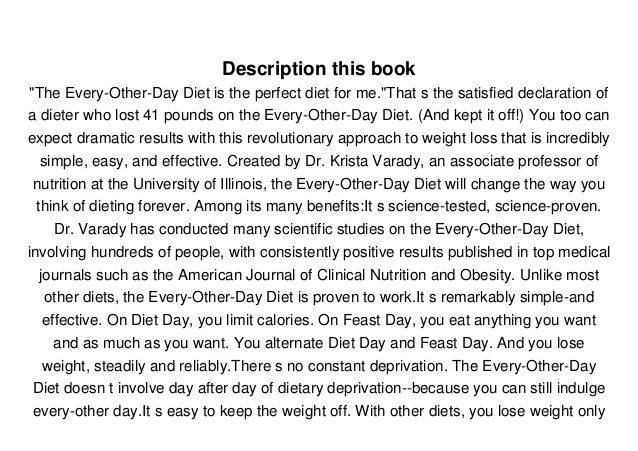 You're able to understand what your partner is trying to communicate without the hyper-emotion," says Jeney.
You're able to understand what your partner is trying to communicate without the hyper-emotion," says Jeney.
05 of 06
You Create Mountains Over Molehills
Sign: You pick fights and make them extreme issues, you use hurtful or definitive words, and create huge arguments around something that isn't very big once you've taken a step back.
Action to Take: Reflect on three to five fights you've had in the past and look at them objectively. Ask yourself what was underneath the content you were arguing about and try to identify patterns.
The Why: "You may be able to identify internal patterns you weren't aware of. Maybe you are making bigger arguments out of smaller details because you never felt a big issue was repaired fully; maybe you struggle with allowing yourself to feel truly close to someone so you're sabotaging happiness; maybe you have needs that aren't being met in your relationship but it's easier to fight about the laundry or who they added on Instagram rather than directly address them. "
"
06 of 06
You Don't Accept Yourself
Sign: You struggle when it comes to giving yourself permission to just be you, you judge yourself often and hold yourself to high standards.
Action to Take: Work on yourself so you don't fall into a trap of co-dependency and never allow your authentic self to grow. Go to counseling, read books, practice your spiritual or soulful work. Look at how your past has influenced your present, and give yourself permission to work through it. Most importantly, give yourself grace and love.
The Why: "You learn not to rely on others in an unhealthy way to 'fix or soothe' your perceived issues. You will get the emotional confidence and empowerment to show up authentically. It also helps you to identify triggers and subconscious influences so you can soothe, repair, or avoid them in the future."
8 Signs of an Emotionally Unavailable Partner
Self-doubt: where does it come from and can it be overcome? We talk about the reasons and ways to overcome it
What is self-doubt
Self-doubt is a subjective feeling of doubt in one's abilities and potential for success in various areas of life. By and large, self-doubt is the fear of being yourself, which grows out of doubts about your competence.
By and large, self-doubt is the fear of being yourself, which grows out of doubts about your competence.
Self-doubt goes hand in hand with low self-esteem, but there is a difference between the two. Uncertainty manifests itself pointwise and refers to how confident a person is in their qualifications in various areas of life: work, personal relationships, and so on. Self-esteem is a complex concept, a global opinion about oneself as a person. Personal insecurity, if a person experiences it regularly, strikes blow after blow to self-esteem, and in the end can greatly shake it.
Also, self-doubt is often confused with introversion . An introvert is a personality type proposed by the Swiss psychiatrist Carl Jung to characterize people who direct life energy inwards. They prefer to think apart from the outside world, with immersion in the inner. But introversion is not necessarily a marker, much less a synonym for insecurity. The German psychiatrist Karl Leonhard saw strength in this individualism. According to his interpretation, the introvert has its own clear values, is not afraid to oppose itself to the environment, unlike the extrovert, whom Leonhard calls a conformist, susceptible to outside influence.
According to his interpretation, the introvert has its own clear values, is not afraid to oppose itself to the environment, unlike the extrovert, whom Leonhard calls a conformist, susceptible to outside influence.
Another phenomenon that is sometimes confused with self-doubt is social phobia . Social phobia is included in the International Classification of Diseases and is an anxiety disorder. Affected people are afraid of attention from other people, public spaces and large companies - sometimes to the point of panic attacks, and therefore avoid social situations. Social phobia is a medical diagnosis that can be treated.
People who experience self-doubt tend to think that they have got a rare unfortunate ticket to this state. This is not so: everyone experiences this feeling in different life situations. It's natural to doubt yourself when you start a new endeavor or in a highly competitive environment. But sometimes insecurity becomes chronic and reduces the quality of life.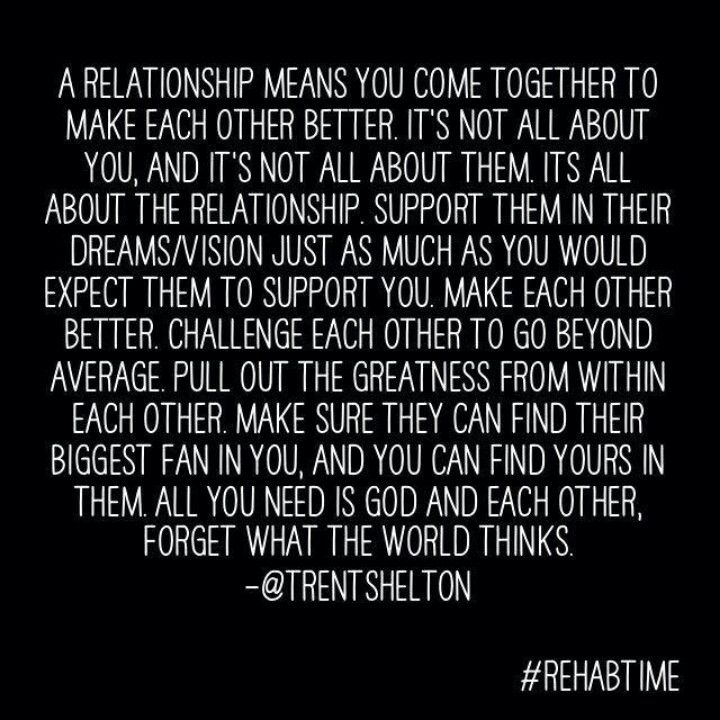 According to Yulia Anpilogova, a psychologist and psychotherapist, a member of the All-Russian Professional Psychotherapeutic League, self-doubt, as a main or accompanying problem, is present in almost all appeals to a psychologist: “People who are capable of reflection or self-reflection are people of a certain order of organization of the psyche, who are in doubt. To doubt oneself for such a person is one of the steps, one of the forms of doubt.
According to Yulia Anpilogova, a psychologist and psychotherapist, a member of the All-Russian Professional Psychotherapeutic League, self-doubt, as a main or accompanying problem, is present in almost all appeals to a psychologist: “People who are capable of reflection or self-reflection are people of a certain order of organization of the psyche, who are in doubt. To doubt oneself for such a person is one of the steps, one of the forms of doubt.
Signs of self-doubt
Every person who has experienced self-doubt has experienced the accompanying emotions, thoughts and bodily reactions.
External (bodily) signs
- Rapid heartbeat, redness or pallor of the face, uneven breathing when talking.
- Confused speech, a person chatters and loses the thread of the story, jerky movements - a conversational sprint, just to finish the speech faster.
- Stooping, hunched figure, unconscious desire to take up less space and be less noticeable.
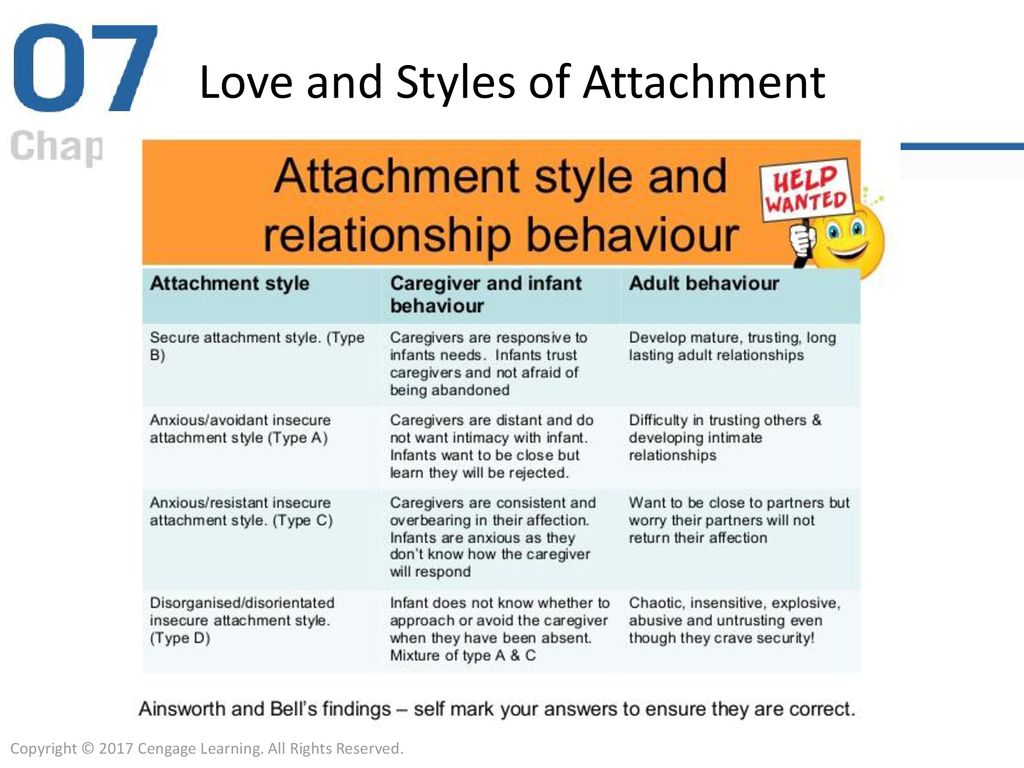
- The phrases “I suppose”, “it seems to me” - the person seems to be apologizing for being in his place.
Internal (thinking, behavioral)
- Comparison of oneself with others - in a person who is not confident in himself, it almost always turns out to be not in his favor.
- The inability to say "no" - it is easier for a person to agree to work that is a burden to him than to refuse.
- Downplaying one's merits, inability to accept compliments.
- Shifting responsibility for one's life to circumstances or other people.
- Avoidance of initiative and responsibility.
- Arrogance, which serves as a defense mechanism - it helps to reject others before they could reject a person.
- Perfectionism - sometimes insecurity is well disguised, but still gives itself away in the eternal pursuit of unattainable perfection and hypercontrol.
Photo: Unsplash
How self-doubt arises
The very first environment in a person's life, family and school, has a great influence.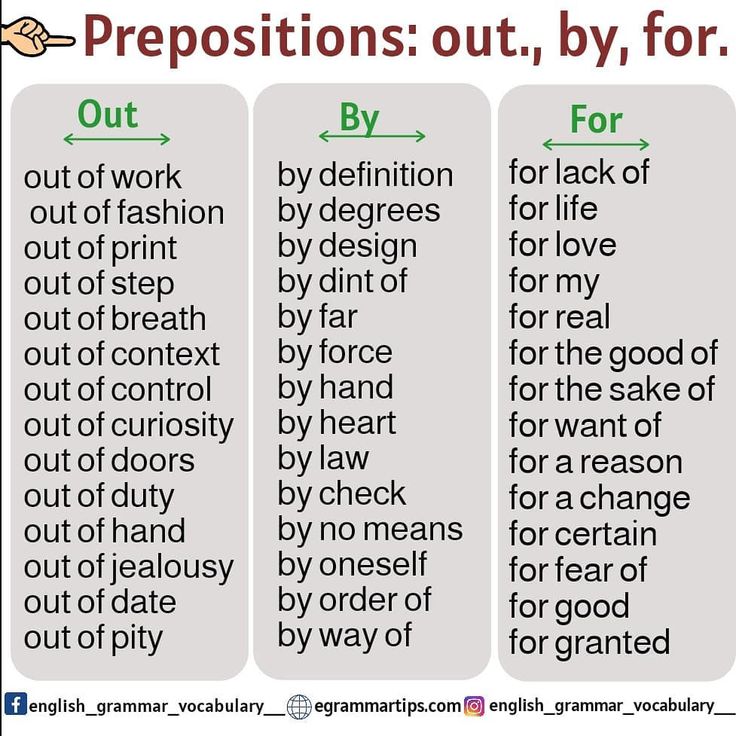 Among the causes rooted in childhood are:
Among the causes rooted in childhood are:
-
Parental strategies : emotional deprivation from parents, prohibitions and restrictions, excessive criticism or overprotection.
- Copying stereotypes of behavior that a child observes around him: according to the theory of the American psychologist Albert Bandura, parents' self-doubt is often inherited.
- School bullying : peers can be quite tough in their assessments and judgments.
- Learned helplessness : Psychologist Martin Seligman believed that weak skills in controlling the outside world may arise due to insufficient development of the “action-consequence” link, which is often observed in children from orphanages.
But uncertainty can develop at any age. According to clinical psychologist and psychotherapist Yulia Khvorova, when people grow up, they come across various microgroups, and sometimes in a group relevant to a person, they face criticism. An authority may also appear that seems to a person more successful - this can also lay down self-doubt. The danger zone here is excessive parental approval in childhood: it plays a disservice when confronted with the real world.
An authority may also appear that seems to a person more successful - this can also lay down self-doubt. The danger zone here is excessive parental approval in childhood: it plays a disservice when confronted with the real world.
Yulia Anpilogova adds that our “I” is most vulnerable in moments of crisis: “An earthquake happened, the walls fell down, and what was our support disappears, and the new one is not yet built. In this period of timelessness, it is difficult to be sure of anything. We are reborn many times in a lifetime, we go through this cycle of destruction-resurrection in a new quality. And this restoration is always accompanied by uncertainty, because what is being built is still very fragile.”
How self-doubt affects life
Block for career ambitions
Insecure people do not ask for a pay rise, do not express their ideas, even innovative and breakthrough ones, for fear of being misunderstood or rejected. They do not take the financial risks associated with investments, depriving themselves of the opportunity to earn more. They are also afraid to change unloved jobs and to undergo interviews. All this further fuels the uncertainty.
In career terms, self-doubt in some cases turns into impostor syndrome, when a person, having nevertheless taken a step forward and achieved success, stumbles upon a new fear. Here he no longer thinks that he will not be able to reach some goal. Now, having achieved it, he begins to consider his success as an accident and does not recognize his personal contribution to it. He is overcome by the fear of not holding on and not justifying new hopes. Psychologists believe that the mechanisms of formation of these two phenomena are similar.
At the same time, it is a mistake to assume that self-doubt and, moreover, the impostor syndrome, are inherent only to “mere mortals”. Famous people also face them, and not only at the beginning of their journey. Natalie Portman, speaking in 2015 to Harvard students as an honorary graduate, told them that she did not realize her achievements: “12 years after my graduation, I must admit that I still do not feel my own worth. I have to remind myself that I'm here for a reason. Today I feel exactly the same as when I first started at Harvard at 19.99 year. Then it seemed to me that there was some kind of mistake - I'm not smart enough to be here, and every time I opened my mouth, I had to prove that I was not just a stupid actress. Sometimes insecurity and inexperience can cause you to strive for the standards and expectations imposed by other people. But you can use your lack of experience to forge your own path—one that is not dictated by others, but determined by you.”
American writer and Pulitzer Prize winner John Steinbeck wrote in his diary: “I am not a writer. I deceive myself and others." After finishing work on the novel "The Grapes of Wrath", which won him the award, he said: "Sometimes I think that I did something worthwhile, but when the work is finished, it turns into mediocrity."
Michelangelo and Leonardo Da Vinci doubted their abilities. The latter is credited with the phrase "Tell me, did I manage to do at least something?" Vincent van Gogh, according to contemporaries, suffered from permanent self-doubt, but once said: “If you hear a voice inside yourself telling you that you cannot draw, do it by any means, and the voice will be silent. ”
Problems in personal relationships
Uncertainty in personal life is manifested in the fact that a person questions his ability to please someone. At the start of a new relationship, he may experience fear that the person next to him will “notice” his shortcomings and be disappointed. In the existing relationship, this is an infringement of one's needs, because it will be more convenient for someone, jealousy, and sometimes an endless shifting of one's anxieties and doubts to a partner.
Photo: Unsplash
How to overcome self-doubt
According to Yulia Khvorova, self-doubt is a reversible process if you start working with it. Obsessive thoughts about one's own inadequacy must be compensated by new positive attitudes and thinking techniques. At the same time, getting rid of uncertainty does not go away in a couple of weeks - this is a long work. Khvorova suggests the following steps:
- Formulate and write down your positive qualities and strengths, without touching on achievements .
This is necessary for the formation of a person's understanding that he has something to love for, regardless of achievements.
- Swap self-criticism for self-validation. When a person is not confident in himself, he is more sensitive to mistakes and failures, sometimes imaginary. Validation is normalization: you need to remind yourself that all people make mistakes, this is normal and appropriate. Self-criticism in this case is a useless thing that does not help in any way, only throws up a bunch of thoughts “why I am bad”, but not a single one about how to become better.
- Replace the concept of “error” with the phrase “growth zone”: lack of experience or skill - this is not a reason to self-flagellate, because I discovered my growth zone and, therefore, I can work on it.
- Don't be self-centered. Insecure people are often very egocentric in looking for reasons for failure. In fact, it does not happen that the whole situation goes to dust just because of one person.
It is necessary to force thinking not to follow the trodden path of searching for the guilty one in oneself, but to look wider.
- Experiment. People with self-doubt often avoid trying things out of fear they won't succeed. But when a person refuses to perform an action, he absolutely receives reinforcement for his insecurity, because he remains there. Trying is always 50/50. If it is successful, this may be the first sprout of confidence.
- Write down achievements and praise yourself. This is an advanced level. Insecure people tend to underestimate their accomplishments. You should focus on the moments when something works out, and praise yourself, inspire yourself with the idea that this success is not an accident, but the result of the efforts made.
- Give yourself time. Uncertainty did not appear in a day, a week or a month, it was formed and consolidated over the years. To fix a new way of thinking, you also need to painstakingly create a habit.
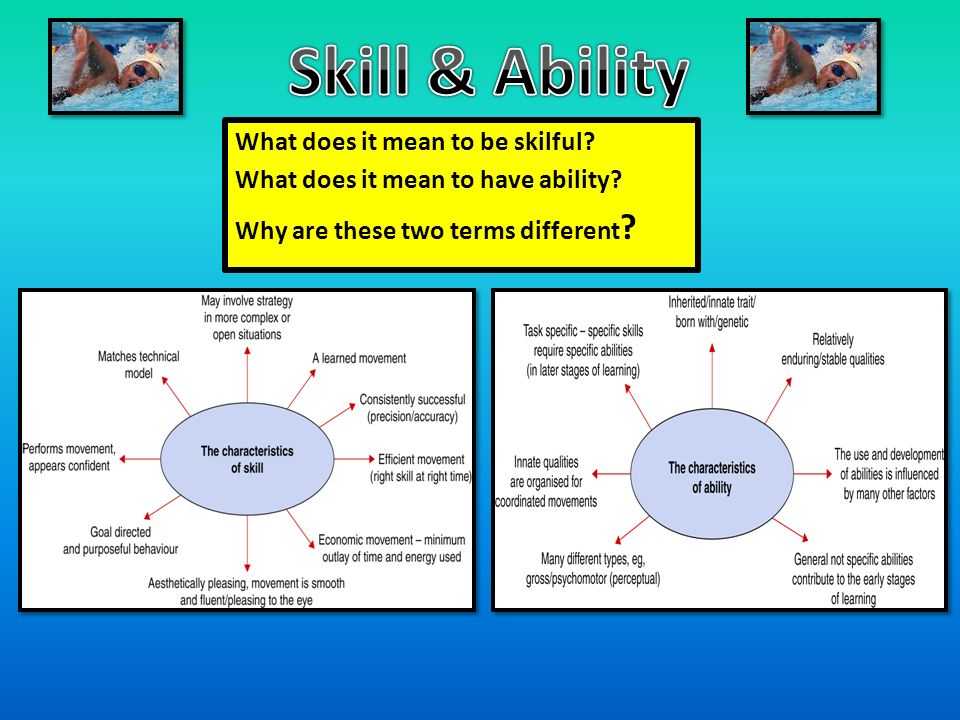 It is important to be persistent in applying the described techniques regularly, and not expect quick results.
It is important to be persistent in applying the described techniques regularly, and not expect quick results. - Do not focus on the bad. Don't think that if something doesn't work, nothing will work at all.
- Pay attention to the body. The human brain directly correlates with the body: it sends signals to it and collects information from it. The more a person reflects and maintains an uncertain posture, the deeper one can get stuck in this state. It makes sense to go from the opposite and work on posture, self-presentation and voice. The sooner you can get out of the pose of uncertainty, the easier it will be to let go of this feeling. Acting, singing or dancing courses can help with this.
When to seek professional help
According to Khvorova, one should definitely seek professional help when self-doubt begins to affect a person's life and blocks his personal and professional development. Yulia Anpilogova also lists the loss of healthy criticism as a reason — when a person’s self-image is totally at odds with the opinion of the environment: “In this case, it’s worth admitting that maybe not you are right, but everyone around. You are not the only one who sees a bunch of cars driving in the opposite direction, but you are driving in the opposite direction.
You are not the only one who sees a bunch of cars driving in the opposite direction, but you are driving in the opposite direction.
Work done on oneself or with a specialist does not guarantee that a person will never experience uncertainty again. But it will be easier and faster to cope with this state and get out of it.
How to deal with your own insecurities in relationships
If you are prone to stress and constant doubt, then any relationship can make you feel vulnerable and emotionally unstable. This is by no means uncommon for people who have had bad experiences in the past or dealt with a toxic partner. What to do? Avoid jumping to conclusions and exaggerating, which can be the key to overcoming insecurities and anxiety in your relationship.
1. Pay attention to potential causes of your insecurities
All relationships have their ups and downs. It is normal for there to be some friction or misunderstanding from time to time. The problems you may be dealing with may be related to finances, jealousy, doubt and fear of being abandoned.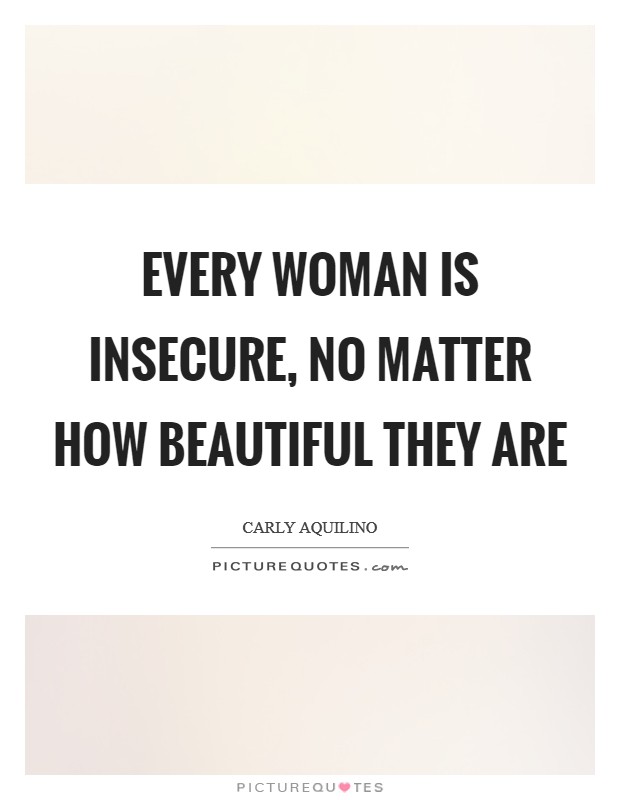 More difficult cases are loss of trust, long-term stress, or excessive negativity.
More difficult cases are loss of trust, long-term stress, or excessive negativity.
2. It's difficult, but don't jump to conclusions
Try to recognize that the problem may be imaginary and due to your own overthinking. Make an attempt to be more realistic and don't rush to think about the worst. If you still have powerful doubts, then they should be discussed with a partner. Be attentive and open to what he tells you, but do not jump to conclusions, because most often such an impulsive reaction is false.
Read also: If love is real, then you don’t have to work on relationships?
3. Accept that no relationship is perfect
Every couple has their own problems and you won't always share your partner's opinion or emotional state. Just accept this fact. Don't expect the other person to give you at least 80% of their time and be there for you all the time. Such obsessive demands on your part will lead to emotional burnout, which will only exacerbate anxiety.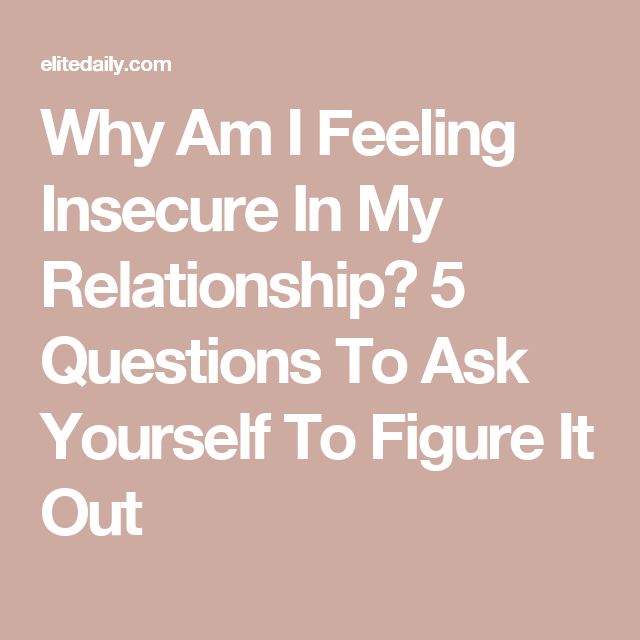
4. Recognize that all relationships are different
A history of troubled relationships makes you wary of your current partner. However, it is vital for you to recognize that every relationship is different. Don't bring emotions from your past relationships into your current relationship. Understand that your partner is a completely different person with a different motivation, different qualities, different strengths and weaknesses.
5. Look for the positive in everything
Sometimes we can pay too much attention to the negative and forget about the qualities that we like in a partner. Instead of dwelling on the shortcomings, be able to stop in time and notice all the good that is present in your relationship. Focus on what you love about your partner and what they do for you. This can make you feel more confident and calm.
Also read: Types of attachment and their impact on your relationships
6. Look for self-confidence
That's right - you need to restore self-confidence first of all.